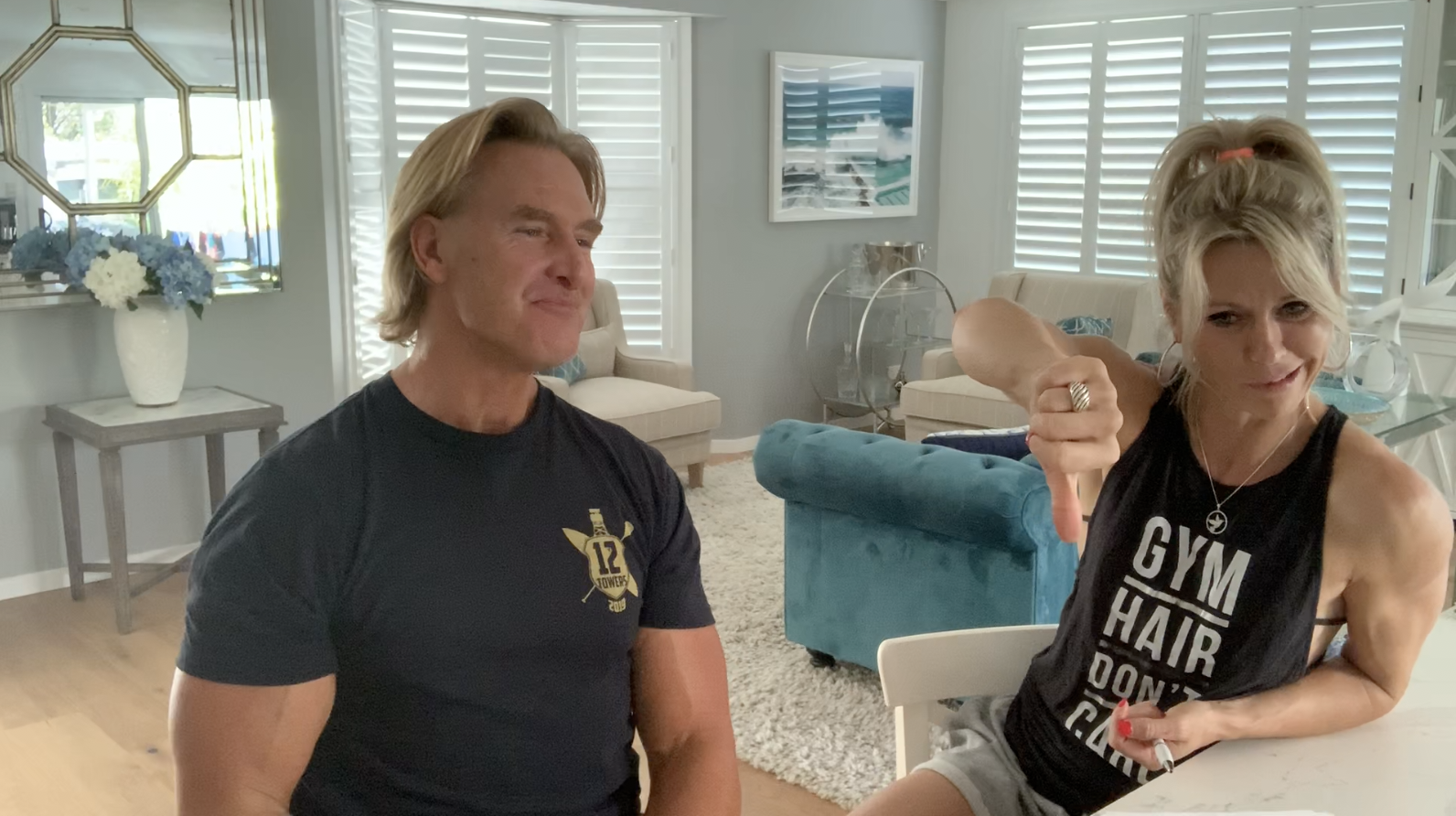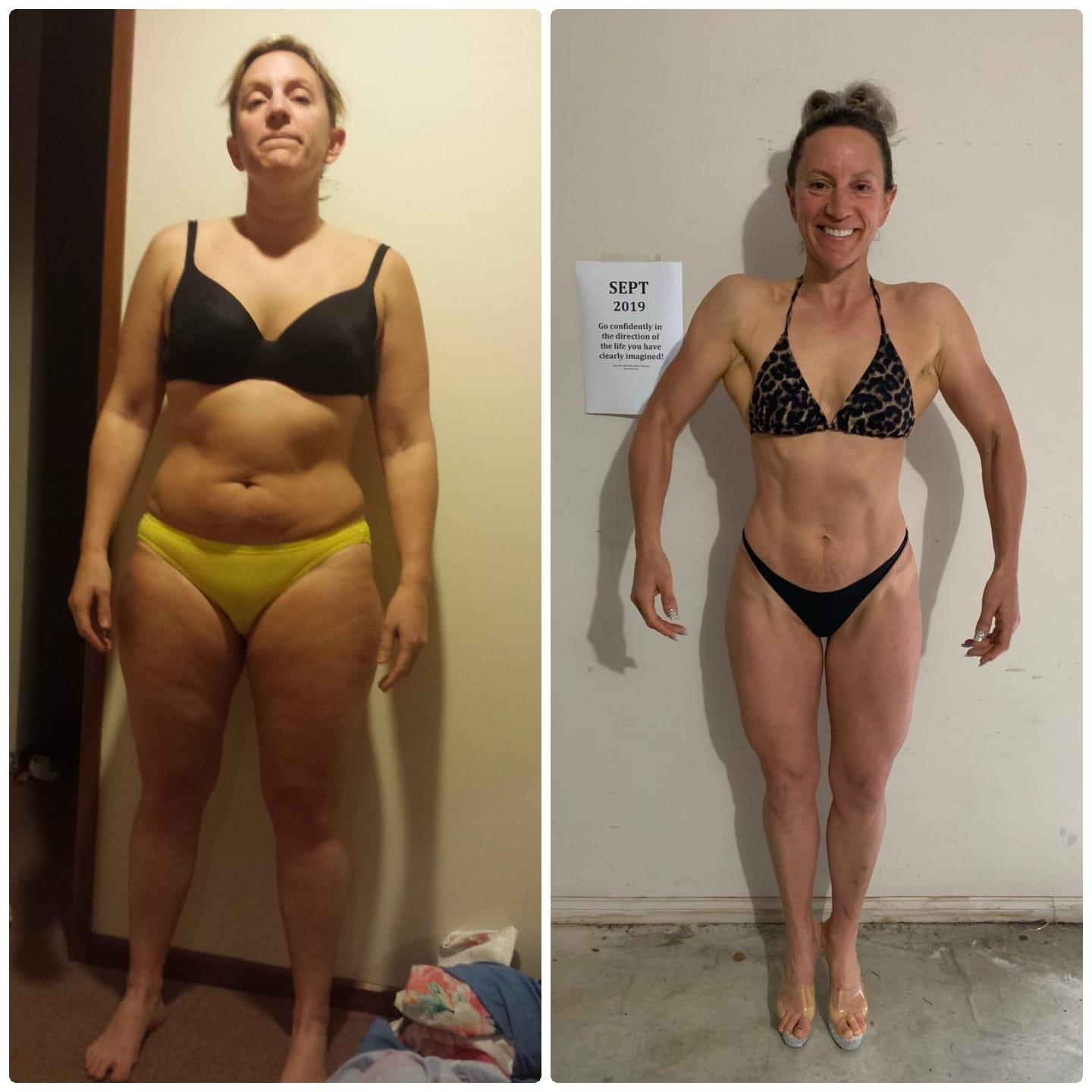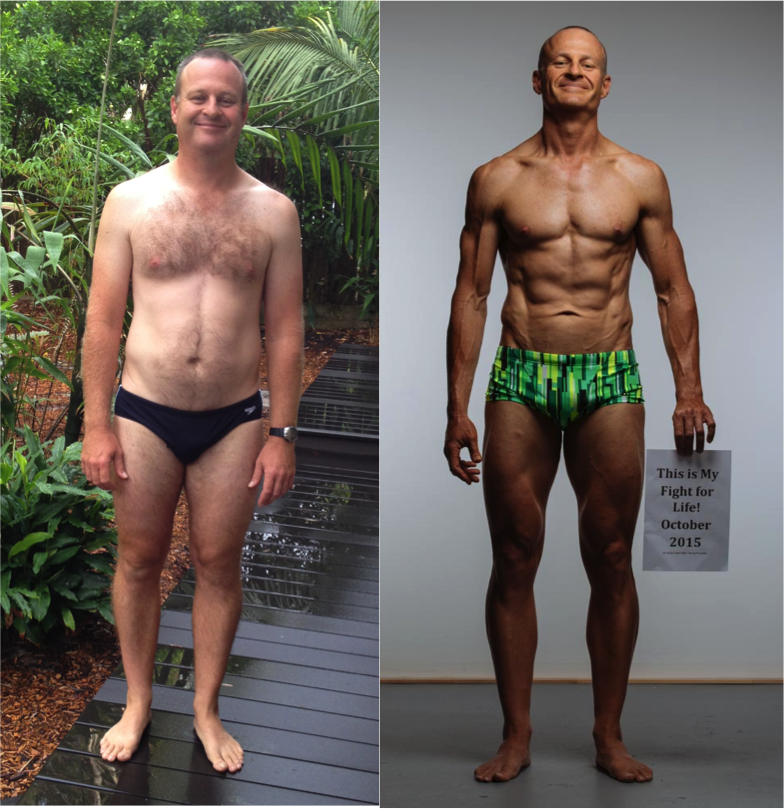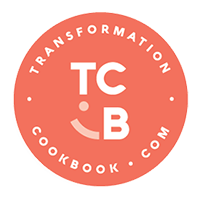Feature: Carb Timing for Fat Loss
People experience that snap-point - you know the one “Right! That’s it! I’ve got to do something!!!...."
They throw themselves into exercise, often 6-days-a-week, even twice-a day. The next thing is, cut carbs, fats and whatever else in a misguided attempt to lose weight or get lean, fast!
The whole approach just isn't sustainable. The fat soon returns and the metabolic consequences are severe. The end result is an up-hill battle with the pudge that gets tougher to shift with each passing year.
If there is one universal point of confusion, it’s carbohydrate consumption and fat loss. An intense fear of carbohydrates just seems to be ingrained in the gym culture and I've never really been able to understand why.
Cut the carbs and everything else goes with it... The hard-earned muscle, your energy levels not to mention your physical and emotional performance.
Then there’s the rebound effect, the metabolic slow down which ensures the fat becomes harder to shift with each attempt. Starting to sound familiar?

So I thought I’d share some research on how to statically manipulate your carb choices and still get the body you want, eating the carbs you like.
At the time, this research was quite ground-breaking, as a Bio-med student I started looking closely at this area as I was putting together what would become my PhD on transformation.
A group of French-Canadian researchers are responsible for an elegant series of studies that examined the fate of carbohydrate consumption with and without the impact of exercise. [1,2]
These scientists assessed the metabolic fate of carbohydrates - where carbs go once consumed by healthy people; at rest and after exercise.
In these investigations, participants were given carbohydrate meals usually 150-400 grams of pasta (that’s grams in dry weight before cooking). The metabolic fate of the carbohydrate was determined using a labeled metabolic tracer within the carbohydrate structure. Exactly where the carbs ended up within the body was studied for eight hours after consumption.

The results demonstrated that the consumption of a high carb meal, without exercise, completely suppressed fat oxidation (burning). A high carb meal without physical activity shuts off any potential to burn fat in the hours after.
No big surprises there.
However, when the participants exercised at a moderate intensity (defined as just above 60% VO2 Max) then ate the pasta meal, fat burning (oxidation) was not inhibited in the hours after.
In fact, carb consumption did nothing to impair the fat-burning response created by exercise.
Remember, this researched assessed the effects of moderate intensity exercise – we know that higher intensity workouts have an even greater effect on post-exercise fat metabolism.[3]
The myth that: “carbohydrate consumption after exercise shuts off fat burning” was destroyed.
The fact is: carb consumption after exercise, even fairly large amounts, do no impair the fat-burning effect produced from exercise.
Where do your carbs go?
It appears that in the hours immediately after exercise, the conversion of macro-nutrients such as carbohydrates and protein into body fat is virtually impossible. In particular, in these investigations even though a large amount of carbohydrate (400grams of pasta) was consumed after exercise, none of it was stored as fat.
Muscle glycogen is a key factor in physical performance. Your ability to perform at your best every day in the gym and recover, ready for the next days workout depends predominantly on your muscle glycogen stores.

The vast majority of carbs consumed in the immediate post workout period meal are shuttled to working muscles for glycogen synthesis and restoration. In fact, carb consumption in the hours immediately after exercise is a most effective method that promotes a positive glycogen balance – more carbohydrate within the muscle after working out!
From this important research, there’s at least three points we now understand about carbohydrate metabolism in healthy people.
1. The conversion and storage of nutrients as fat is suppressed in the hours following exercise.
2. Carbs consumed in the hours immediately after exercise do not inhibit the fat burning response to exercise.
3. Carbs consumed after exercise are used almost exclusively to re-fuel muscles and regenerate new tissue.
Can I really have my carbs and shed the fat?
If you follow the science-based rules of carb timing, avoiding or cutting carbohydrates isn’t required or even desired.

The simple rules for Carbs and Transformation.
1. The hours immediately post-workout is the perfect time for higher carb meals - the carbs don't prevent fat burning and they are channelled directly to muscles, not stored as fat.
2. If there is no intense or vigorous exercise for that day, the carb choices in your meals need to reflect this.
3. Transforming your body is never about eliminating, it's about replacing, improving and expanding your choices.
Learn more, grab your Hard Copy of the TransformationCookbook
References
1. Folch N. Péronnet F, Massicotte D Duclos M, Lavoie C, Hillaire-Marcel C. Metabolic response to small and large 13C-labelled pasta meals following rest or exercise in man. Bri J. Nutri.
2. Folch N, Péronnet F, Massicotte D, Charpentier S, Lavoie C. Metabolic response to a large starch meal after rest and exercise: comparison between men and women. Eur J Clin Nutr.
3. Broeder CE, Brenner M, Hofman Z, Paijmans IJM, Thomas EL & Wilmore JH, The metabolic consequences of low and moderate intensity exercise with or without feeding in lean and borderline obese males. International Journal of Obesity,
4. Stiegler P, Sparks SA, Cunliffe A. Moderate exercise, postprandial energy expenditure, and substrate use in varying meals in lean and obese men. Stiegler P, Sparks SA, Cunliffe A. Int J Sport Nutr Exerc Metab.
FOLLOW Dr Paul Cribb PhD.





